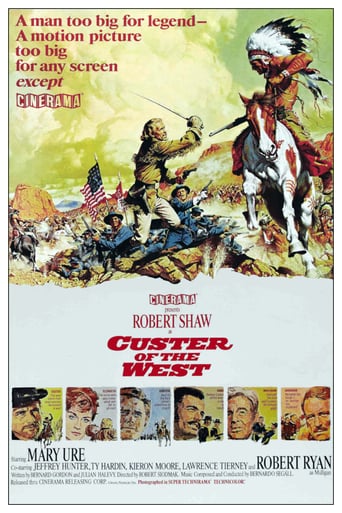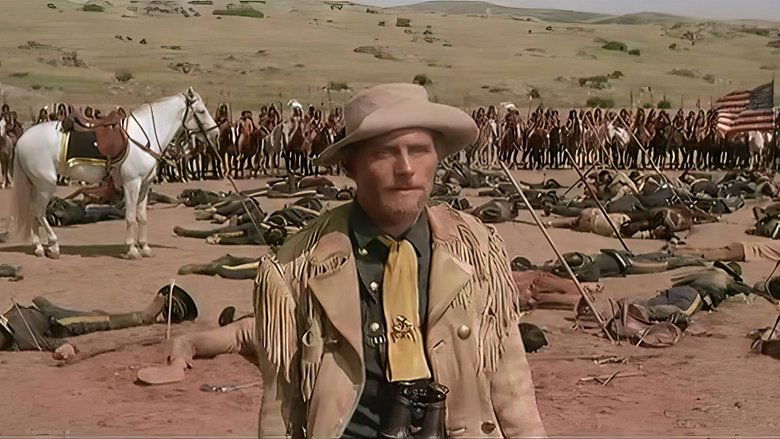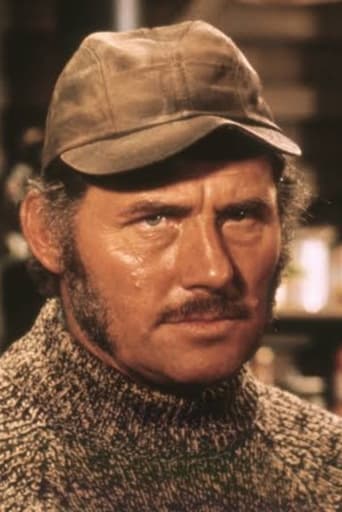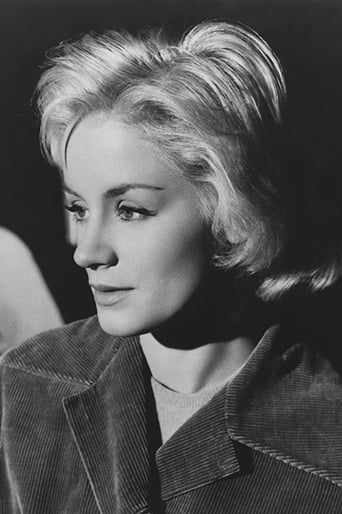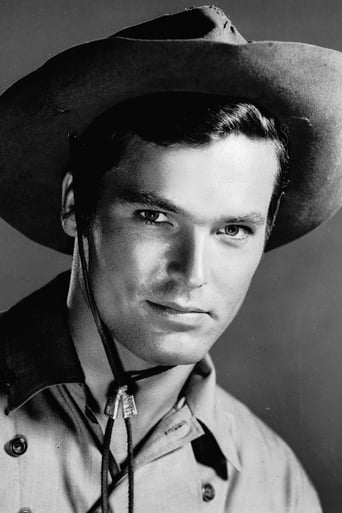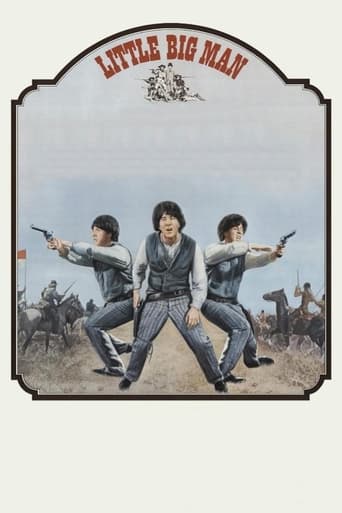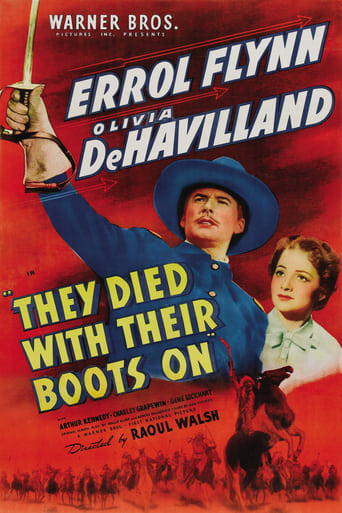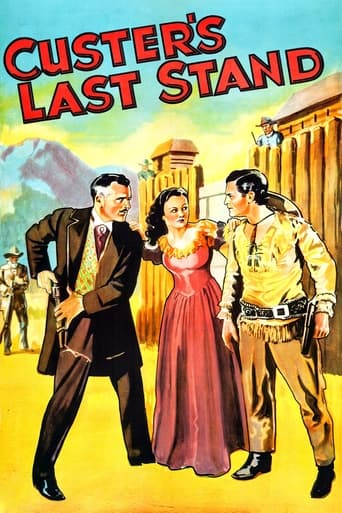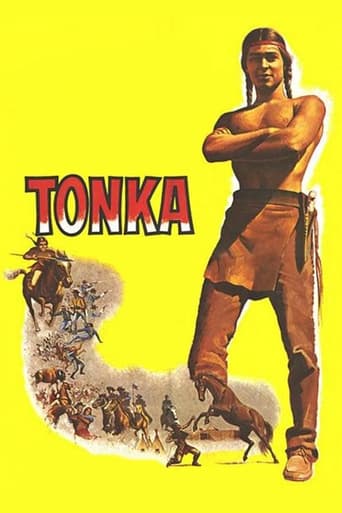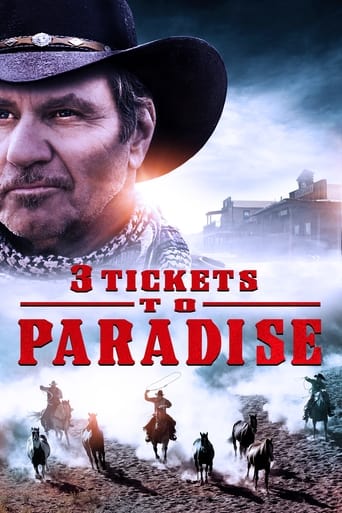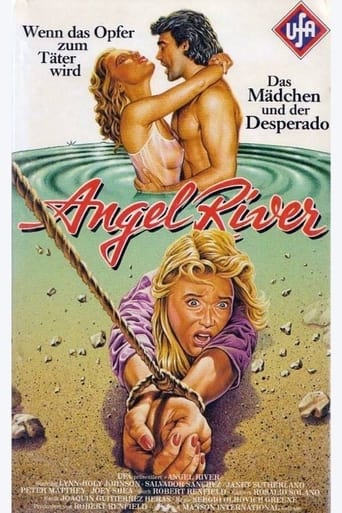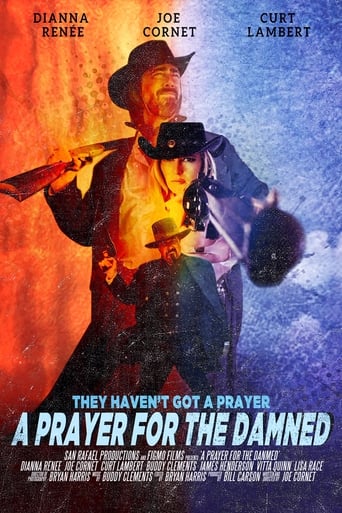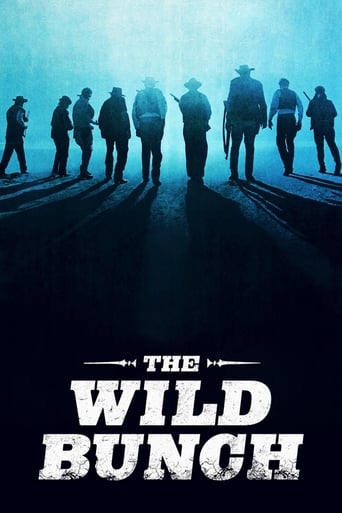Custer of the West (1968)
Biopic of General George Armstrong Custer from his rise to prominence in the Civil War through to his "last stand" at the Battle of the Little Big Horn.
Watch Trailer
Cast


Similar titles
Reviews
In truth, there is barely enough story here to make a film.
Let me be very fair here, this is not the best movie in my opinion. But, this movie is fun, it has purpose and is very enjoyable to watch.
A terrific literary drama and character piece that shows how the process of creating art can be seen differently by those doing it and those looking at it from the outside.
Blistering performances.
The figure of George Armstrong Custer still inspires controversy even today. Just what drove him, ambition, hubris, whatever is still being debated today. I don't think anyone has really gotten a handle on his character in any film.This one however gives it a good try. Robert Shaw and Mary Ure play the General and his wife and she's important in the story. She outlived him by about 50 years, dying in the early Thirties. She was the custodian of the Custer legacy.Also important in the story are General Phil Sheridan of whom Custer was a protégé of sorts. Sheridan is played here by Lawrence Tierney and he's also an interesting figure. As are Major Marcus Reno and Captain Frederick Benteen, his second and third in command played by Ty Hardin and Jeffrey Hunter. Even amateur military historians still debate about how Custer split his force in three with these other two taking significant portions of the 7th Cavalry. It was only the men who are under Custer's direct command who were annihilated at the Little Big Horn.No one is saying that this is the ultimate Custer interpretation, but it beats Errol Flynn and Olivia DeHavilland in They Died With Their Boots On.
I've heard people complain of the historical inaccuracies of this film based on Custer's field position at the Little Big Horn.Stylizing history is not revising it. This film sequences real events in a stylized way, and emotionally depicts the events of Custer's short life.I refuse to accept the charge of historical revisionism from those who accept all out lies in so many other "based on a true story" films on the basis that the film shows no real bloody mutilations.Custer was about thirty-six, married, and brutally honest. Honest men always make enemies - those enemies may have been responsible for his early demise more so than any Cheyenne, by withdrawing from combat and leaving him isolated at Little Big Horn.This movie captures those events and, I believe, helps the viewer develop sympathy for all the characters, including poor Libby, his wife.
As many have noted, this movie takes flamboyant liberties with the historical Custer and Battle of the Little Big Horn. This movie doesn't pretend to strive for historical accuracy. The movie, with a decidedly European influence, consciously plays with the mythological Custer, who is widely regarded today as a rash fool, famous for almost flunking out of West Point, but a born cavalry officer. This Custer, with no historical support, is at times sympathetic to the Indians he must subdue, yet determined to carry out his mission. Among other matters, the movie overlooks the fact that Custer led an expedition that discovered gold in the Black Hills in 1874 -- a gross oversight, given the anguished Custer presented here who reluctantly yields to harsh realities and allows miners to flood into the Lakota treaty lands. The climactic battle scene at the Little Big Horn -- mythologized earlier in Annheiser Busch beer posters, pulp novels and countless movies -- is choreography, not historical depiction. The filmmakers' point seems to ask viewers: What if Custer were a complex, sympathetic figure, a genuine hero trapped by historical forces beyond his control? Actually, in terms of historical context, the movie has a certain integrity. Still, not everyone will be able to suspend disbelief and ride along.And yet there's something compelling about this movie, at its heart an operatic spaghetti Western with a lot of good acting and high production values. The cinematography is breathtaking, with a lot of riveting action and tracking shots that keep the story, although ludicrous at times, moving engagingly. Not a small accomplishment for a work of dramatic entertainment never aspiring to be a documentary.
SPOILER: Sorry, that should read *MINUS SEVERAL STARS* but they don't give me that option.I detest Custer and all he did post-Civil War. I'll start with that. I've been to the Custer Battlefield near Garryowen at least twice and feel that it is Holy Ground ... but not owing to the 7th Cavalry. Here ended the career of the man who would have been President, had his ambitions come to fruition. He would have also been remembered as the American Hitler.I've read historical accounts and military histories of the battle, National Geographic articles on the fascinating forensic examination archaeologists were able to make of the battlefield after grass fires swept away much of the overgrowth. And I've always been fond of saying that I can't watch him die on film enough times.((When he finally sent for Benteen and Reno, he had already charged into the trap: his message was (in part) "Bring rounds! P.S. BRING ROUNDS!" They were similarly ensnared in well-planned traps and could do little to help, however, not sitting on their hands protesting their sobriety in the shade of pleasant riverbank trees, let alone to each other: they were not together.)) Well, I just checked this stinker out from the local library, and I take my fond saying back. I've just seen him die one too many times. Or more accurately, I've seen *somebody* flog himself around on screen and *claim* to be Custer. I have no idea where he's flogging around, it certainly doesn't look like the Custer Battlefield -- not even remotely.Benteen is played in one of the worst performances I've ever seen from late and talented Jeffrey Hunter as a simultaneously wooden and spineless gopher; Reno as an incompetent and insubordinate drunken lout. The families of these competent (but overwhelmed) heroic officers should have legal recourse to sue director Siodmak for their portrayals in this travesty.Historically, geographically, politically, this movie crosses the line from "creative interpretation" to blatant twisting and reversal of anything resembling facts. Even Custer's portrayal in the wonderful farce, "Little Big Man", came much closer to the truth, and the California terrain that stood in for the Little Big Horn region in an old B&W "Twilight Zone" time-travel episode was more accurate than this.The whole film seems to have been concocted to give the Cinerama audiences a few roller-coaster moments (a runaway wagon ride, a log flume ride, there were a few forgettable others) and even these went on *long* after they'd already proved their point.A truly awful film. I'm taking it back to the library tomorrow first thing: it's drawing too many flies. I also want my 2 hours and 21 minutes back.

